The Week in Review 17-23 January, 2021
The main developments in Romania and in the world this past week

Roxana Vasile, 23.01.2021, 11:59
National anti-Covid vaccination programme continues
Romanias coronavirus vaccination programme reached its second phase last week. After a first stage, targeting healthcare personnel, last Friday a second phase was initiated, focusing on the elderly and chronic patients regardless of age. Workers in key sectors will also receive vaccines at this point. The Government subsequently added to these categories sea and river navigation personnel, diplomatic mission staff, athletes taking part in international competitions as well as the homeless and the disabled.
Under a new rule, 75% of the appointments available will be earmarked for chronic patients and the elderly, and only 25% for staff in key sectors.
Across the country, there are about 300 immunisation centres, giving some 30,000 vaccine doses a day, but the number is set to increase as the country receives more doses from Pfizer or Moderna. According to PM Florin Cîțu, Romania has 2.4 million vaccine doses set aside until the end of March.
But not everything is running smoothly, hence the discontent among people and opposition MPs. Since its launch, the governmental platform designed for online appointments has run into technical problems, which is why those who tried to book a place were unable to enrol individually, and had to resort to their family physicians or their employers. Similar solutions were used by people who do not own a computer, who lack basic computer skills and have no one to help them. Moreover, some chronic patients are not included in the records of the National Health Insurance Agency, and have had difficulties proving their status.
There are also counties having already run out of vaccine doses. Romanias representative at the WHO, dr. Alexandru Rafila, a Social-Democratic Deputy, believes the flawed booking app and the inclusion in the second stage of categories that have not been properly prioritised may prevent the adequate vaccination of citizens.
Meanwhile, EU leaders decided in an online meeting this Thursday not to close the Unions internal borders, but to introduce new travel restrictions in order to contain the spread of the virus and of its newer variants.
Trade unions, disgruntled
A number of social or professional categories once again took to the streets this week, to protest the current right-of-centre governments handling of the pandemic that has severely impacted Romanias economy. Picketing the offices of the presidency, the government, various ministries, prefecture offices or even political parties, Romanians voiced their discontent.
Cartel Alfa—one of the countrys largest trade unions—initiated protests on January 14, which are scheduled to last until February 28. Their main demands include decent wages, fair pension benefits, high-quality public services, fair taxation, compliance with the law and a restart to collective bargaining.
According to deputy PM Dan Barna, some of the demands can be solved in the forthcoming period. He explained that there are also demands that must be seen in the context of an economy hit by a crisis and of a budget that must meet the 7% of GDP deficit target.
The Social Democrats in opposition side with the unionists unhappy with salary decisions, and argue that it is quite feasible to increase wages and pensions, while at the same time staying within the deficit ceiling targeted by the Cîţu Cabinet. On January 27, the Social Democrats are to present an alternative budget bill.
Meanwhile, the draft state budget has been analysed by PM Florin Cîţu, deputy PM Dan Barna, finance minister Alexandru Nazare and the Minister for European Funds Cristian Ghinea, who were once again invited to talks with president Klaus Iohannis. The budget bill may reach Parliament early next month.
Romania congratulates the new US president
President Klaus Iohannis congratulated Joe Biden and Kamala Harris, who were sworn in as the new president and vice-president of the US on Wednesday. ‘I am confident that together we will continue to develop and strengthen our Strategic Partnership, to the benefit of our peoples, and to work in the true spirit of trans-Atlantic values,’ Klaus Iohannis posted on Twitter.
At the inauguration of the 46th president of the US, Romania was represented by Ambassador George Cristian Maior. In a news release, the Romanian Embassy in Washington expresses confidence that during the new presidents term in office, both parties will reaffirm their commitment to strengthening and developing the Strategic Partnership for the 21st Century between Romania and the US, signed a decade ago. (tr. A.M. Popescu)



























